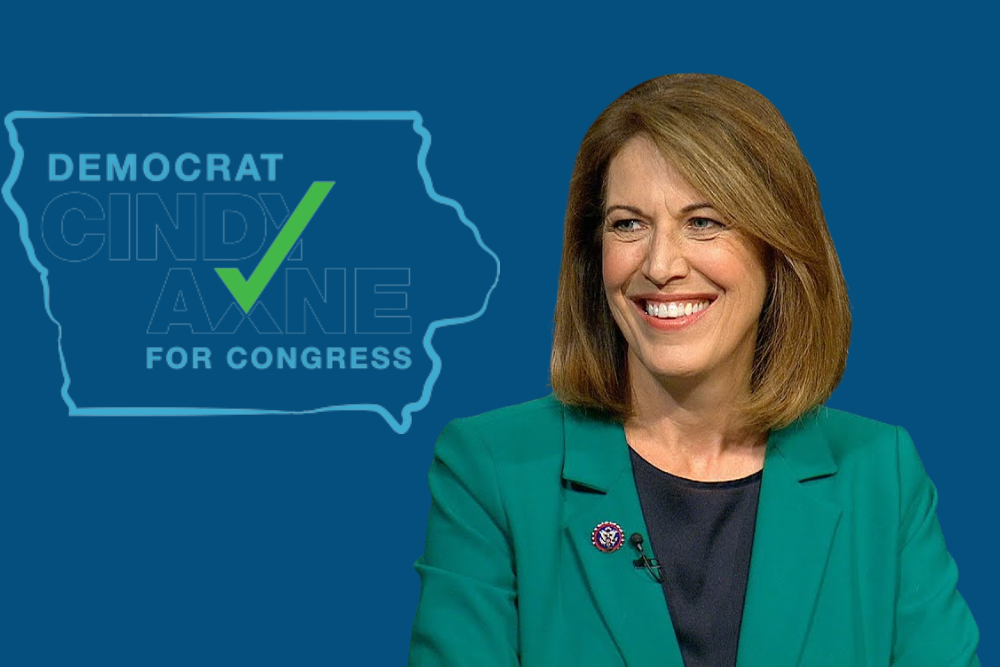Today, Rep. Cindy Axne (IA-03) announced her support and co-sponsorship of a bipartisan bill that would provide additional flexibility for Iowa’s cities and counties who received support from federal COVID-19 relief legislation, cut red tape, and allow them to use funds to make infrastructure investments.
In March, Rep. Axne helped bring more than $2 billion in direct support for Iowa’s state, county, and city governments through the American Rescue Plan. The State of Iowa has used funds from the American Rescue Plan to invest in the prosperity and success of Iowans through new investments in housing, broadband, manufacturing, and child care.
The State, Local, Tribal, And Territorial Fiscal Recovery, Infrastructure, And Disaster Relief Flexibility Act would allow state and local governments to make various infrastructure investments eligible for payment with unspent COVID-19 relief funds. The bill also allows local governments to use up to $10 million for general government services, without requiring local governments with limited capacity to submit detailed documentation of revenue losses.
“Iowa’s local governments know best how to allocate the funding we provided them to get back on their feet during the COVID-19 pandemic,” said Rep. Axne. “As we work to boost economic growth and get our local economies growing strong, it is important that we give those county and city governments the flexibility they need to cover their losses and invest in their long-term success. I’m proud to join this commonsense and bipartisan measure that will cut red tape and make sure the relief we provided this year can continue to help Iowa’s communities.”
The bill permits eligible governments to spend the greater of $10 million or 30% of their total fiscal relief funding for categories like the National Highway Performance Program, Tribal Transportation Program, Surface Transportation Block Grant Program, and the Highway Safety Improvement Program. It also extends the deadline to utilize relief funding if budgeted for eligible infrastructure projects.
It does not place spending mandates on recipients of COVID funding and does not reclaim any distributed funding.
The bipartisan measure has the support of the National Governors Association, the U.S. Conference of Mayors, the National League of Cities, and the National Association of Regional Councils.
Original source can be found here


